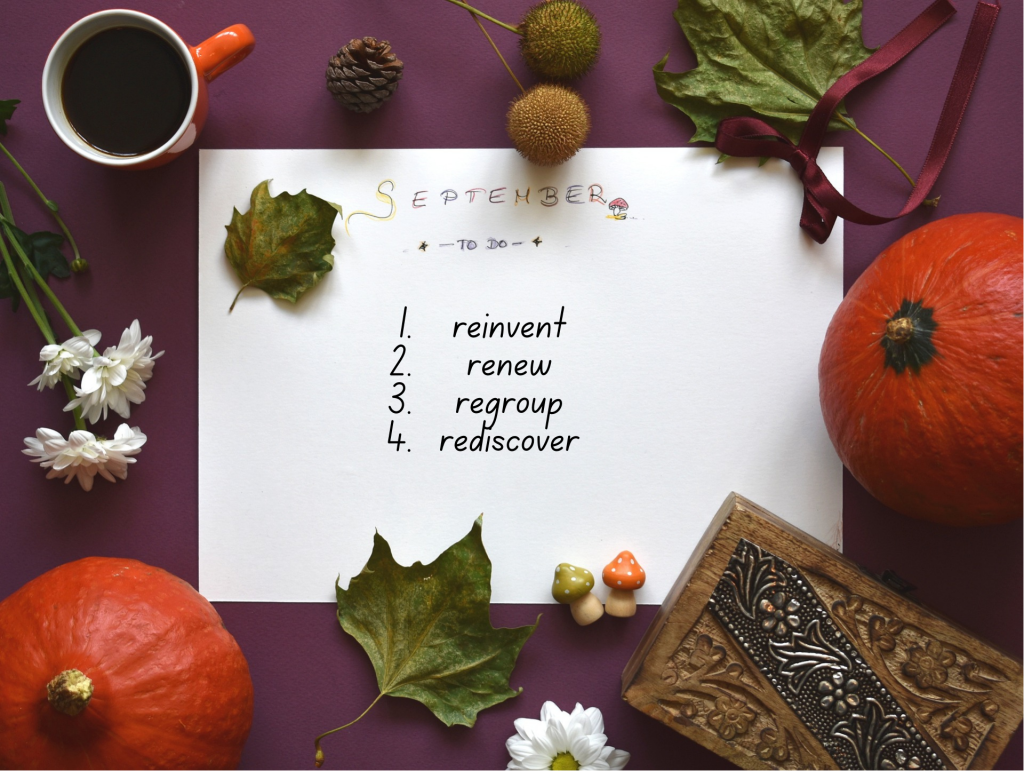Just ask – Ewan Mochrie
Guest post by Ewan Mochrie, author of ‘It’s Time’.
In 1949 Joseph Campbell published The Hero with a Thousand Faces. By doing so Campbell brought into sharper focus the underlying structure of myths and storytelling. This structure is known as the Hero’s Journey. It is an innate human archetype; we instinctively recognise and utilise this pattern, despite having little or no conscious awareness of it. When you read a good novel or watch a good play or film you unconsciously identify the pattern and match the events you are observing to this structure. One of the reasons that you might think a film or novel isn’t good is that the author hasn’t followed the ‘right’ structure. More than this though the Hero’s Journey is playing out in your own life too.
What is the Hero’s Journey?
Though there are variants on the theme, the basic pattern goes like this:
- The hero or heroine is called to an adventure or quest.
- They pass the threshold, where there can be no going back.
- There are challenges, tests, trials, but also always, always there is help
- Through or even because of the tests and trials there is death of the old self and rebirth.
- There is atonement, transformation; Gandalf the Grey becomes Gandalf the White
- And there is return, for the transformed hero or heroine must now serve.
As we travel the road of our own life’s journey, we seldom pause and analyse where we are, and how we got there, let alone where in the cycle of the Hero’s Journey we might currently be. Most of the time we are busy seeking to satisfy our wants. And we often feel anxious or frustrated when life presents us with something else instead.
“It’s not fair.” “Why does this happen to me.” “Why are other people better than me.” And other such things, we cry. We search for our wants and life presents us with our needs. We want a particular person in our life and then discover that they are not who we thought they were. Or that what they offered wasn’t what we actually really needed to be happy. We worked hard to get a promotion only to find that we didn’t like the job once we were promoted into it. Or we want to express ourselves creatively, but don’t believe that can support us doing so. The list of how this plays out in our lives may not be limitless, but the list is certainly very, very long indeed.
The best time for change
This then is the classic dramatic structure of the Hero’s Journey. And at some level we know this, we are in the story, but we are blind to the fact that this dramatic friction is the whole point of our lives. We must investigate what life gives us so that we can transform it and become the person that deep down inside we have always wanted to be.
So, if you feel lost, anxious, unfulfilled, frustrated, or worse, then you are right at the point where change is possible. You have to be sufficiently dissatisfied with how your life currently is to decide to change it.
In my opinion the biggest advantage that one gets from being coached by someone else is that the coach can see what you cannot see. They can see the patterns within your life, they can see the path through life’s labyrinth when all we think we can see are walls. This is simply because they have specific training and a different perspective. This is one of the forms that ‘help’ can come to you, as you navigate your way through your own Hero’s Journey. The help is there, but you need to ask for it. Men in particular are slow, or reluctant to ask for help, maybe because they see it as a failure or weakness. Instead choose to see it as a sign of strength, because you are prepared to do everything that you can to make your life situation better.
Don’t make the biggest failure in your life your inability to seek assistance when it is at hand. The coach is simply the right tool, at the right time, for the right job. Just ask.
This blog represents a new development in blogging on my site. From now on I will regularly share guest blogs from a wide range of personalities and experts. Contributors will be from the therapy and coaching world, and beyond. These are all facinating people who have excelled in their own ways in life and often made a difference to thousands along the way. Some will share knowledge and expertise while others will just tell a little about their lives and their journey.

Where better to start then, than with this piece on the Hero’s Journey, contributed by my mentor, trainer and all-round guru, Ewan Mochrie.
Ewan Mochrie is a Master Trainer of NLP and author of the book It’s Time.


